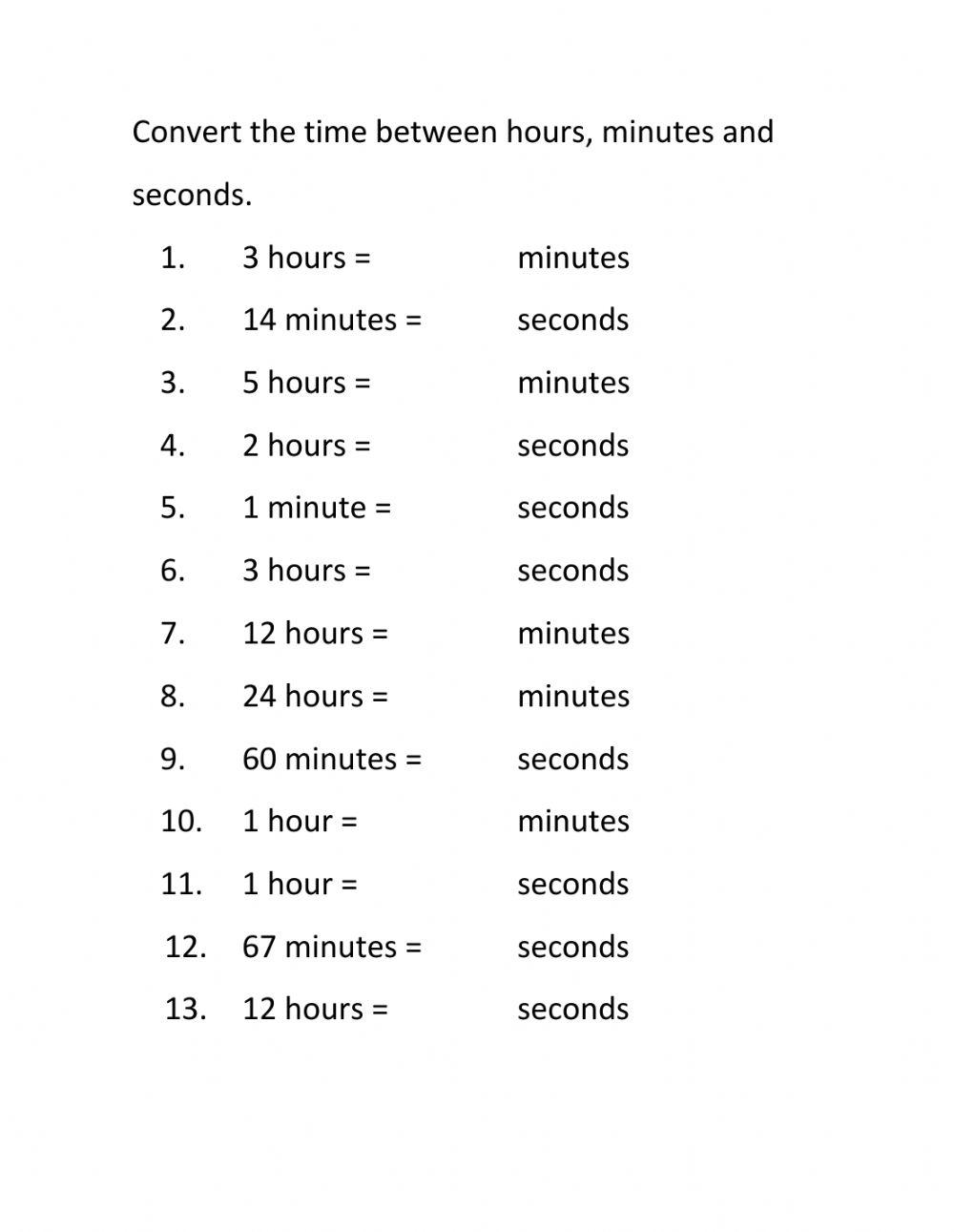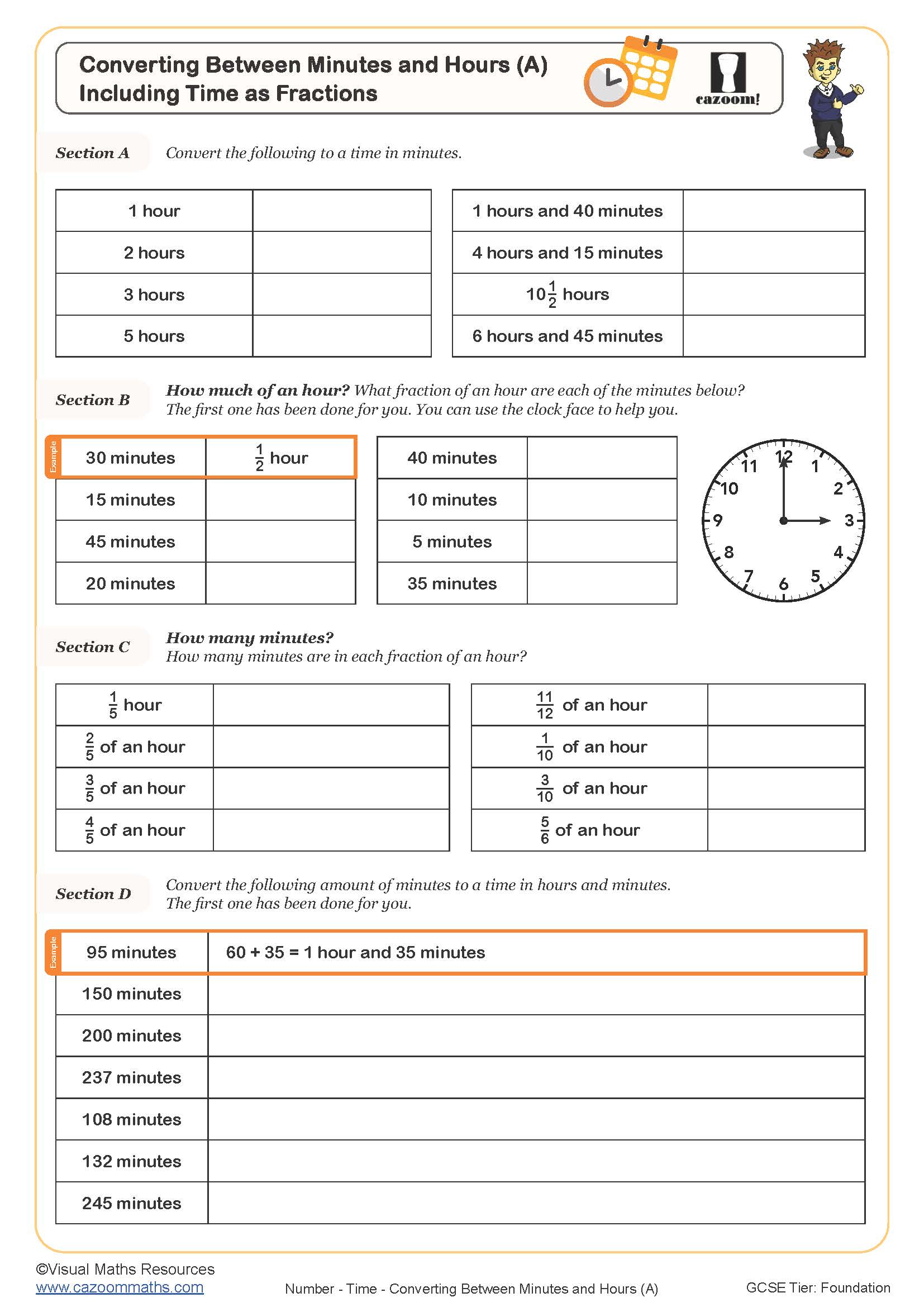Converting time units is a fundamental skill that everyone should master, and understanding how to convert 125000 minutes to hours is a perfect example of this. Whether you're working on a project, managing schedules, or simply curious about time conversions, this guide will provide you with everything you need to know. In this article, we'll explore the mathematical process behind converting minutes to hours, offer practical examples, and share tips to make your calculations easier.
Time is one of the most critical resources we have, and knowing how to manage it effectively can make a significant difference in our daily lives. Understanding how to convert minutes to hours allows you to better plan your schedule, allocate resources, and communicate time-related information more efficiently.
This article delves into the concept of converting 125000 minutes to hours, breaking down the process step-by-step, and providing useful insights to help you master this essential skill. Let's get started!
Read also:Anjali Arora Porn
Table of Contents
- Introduction to Time Conversion
- How to Convert Minutes to Hours
- Calculating 125000 Minutes to Hours
- Common Uses of Time Conversion
- Why Time Conversion Matters
- Time Management Tips
- Common Questions About Time Conversion
- Tools for Time Conversion
- Historical Perspective on Time Measurement
- Conclusion and Next Steps
Introduction to Time Conversion
Time conversion is the process of transforming one unit of time into another. This is essential for various purposes, such as scheduling, project management, and scientific calculations. In our case, we'll focus on converting 125000 minutes to hours, which involves dividing the total number of minutes by 60, since there are 60 minutes in an hour.
Why Convert Minutes to Hours?
Converting minutes to hours simplifies the representation of time, making it easier to understand and communicate. For instance, instead of saying "125000 minutes," you can express the same duration as "2083.33 hours," which is much more intuitive.
How to Convert Minutes to Hours
Converting minutes to hours is a straightforward mathematical process. Here's how it works:
- Identify the total number of minutes you want to convert.
- Divide the total number of minutes by 60.
- The result will be the equivalent number of hours.
Example Calculation
Let's take 125000 minutes as an example:
125000 ÷ 60 = 2083.33 hours
Calculating 125000 Minutes to Hours
Now that we've covered the basic formula, let's dive deeper into the conversion of 125000 minutes to hours. This calculation is particularly useful in scenarios where large timeframes need to be expressed in hours for clarity.
Read also:Kristi Noem Family
Step-by-Step Guide
Here's a step-by-step breakdown:
- Start with the total number of minutes: 125000.
- Divide by 60: 125000 ÷ 60 = 2083.33.
- The result is 2083.33 hours.
Common Uses of Time Conversion
Time conversion is widely used in various fields, including:
- Business and Project Management: Calculating project timelines and resource allocation.
- Science and Engineering: Analyzing data and conducting experiments that require precise time measurements.
- Travel and Logistics: Planning routes and schedules for transportation.
Practical Applications
In business, for example, converting 125000 minutes to hours can help in estimating the duration of a long-term project, ensuring that deadlines are met and resources are utilized efficiently.
Why Time Conversion Matters
Time conversion is crucial for several reasons:
- It improves communication by presenting time in a more understandable format.
- It enhances accuracy in planning and scheduling.
- It facilitates better decision-making in time-sensitive situations.
Impact on Productivity
When you can quickly convert time units, you save valuable time that can be allocated to other tasks. This is especially important in fast-paced environments where every second counts.
Time Management Tips
Effective time management starts with understanding how to work with time units. Here are some tips:
- Use time conversion tools to simplify calculations.
- Break down large tasks into smaller, manageable chunks.
- Prioritize tasks based on urgency and importance.
Tools to Enhance Time Management
Consider using apps and software that help track time and automate conversions, such as Toggl or RescueTime.
Common Questions About Time Conversion
Q: How many hours are in 125000 minutes?
A: There are approximately 2083.33 hours in 125000 minutes.
Q: Why is it important to convert minutes to hours?
A: Converting minutes to hours makes time more relatable and easier to comprehend, especially when dealing with large numbers.
Tools for Time Conversion
There are numerous tools available to assist with time conversion:
- Online Calculators: Websites like TimeAndDate.com offer quick conversion tools.
- Mobile Apps: Apps like Unit Converter provide instant results for various units, including time.
Choosing the Right Tool
Select a tool that aligns with your specific needs, whether you're working on a personal project or a professional assignment.
Historical Perspective on Time Measurement
The concept of time measurement dates back thousands of years. Ancient civilizations, such as the Egyptians and Babylonians, developed early systems for tracking time. The division of an hour into 60 minutes is believed to have originated from the Babylonian base-60 numerical system.
Modern Developments
Today, time measurement is more precise than ever, thanks to advancements in technology and the development of atomic clocks. These innovations have revolutionized fields like aviation, telecommunications, and space exploration.
Conclusion and Next Steps
In conclusion, understanding how to convert 125000 minutes to hours is a valuable skill that can enhance your ability to manage time effectively. By mastering this conversion, you can simplify complex timeframes and make better-informed decisions.
We encourage you to:
- Practice converting different time units to reinforce your understanding.
- Explore additional resources for time management and conversion tools.
- Share this article with others who might find it useful.
Thank you for reading, and we hope this guide has been helpful in your journey to mastering time conversion!


